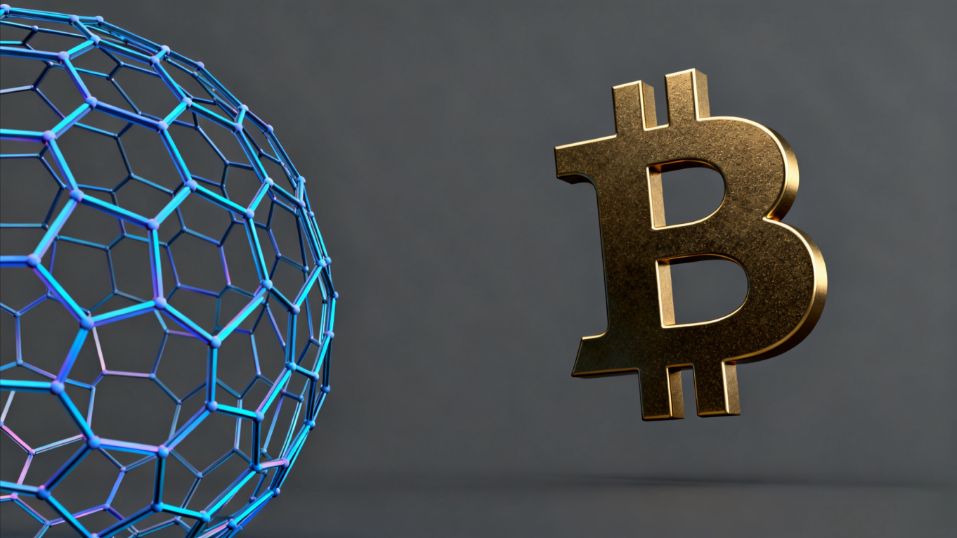
"Some Venezuelans found a lifeline in Bitcoin during the hyperinflation, using it to protect their wealth and fund their escape," said María Corina Machado, the 2025 Nobel Peace Prize laureate, commenting on Bitcoin's role in her homeland.
This Venezuelan opposition leader received the honor for promoting the country's democratic process. In reports related to her award, Machado particularly emphasized Bitcoin as a freedom-supporting technology that has "evolved from a humanitarian tool into a crucial means of resistance."
"Lifeline" Under Hyperinflation
In Venezuela, the inflation rate has reached 229%, with some estimates suggesting the actual figure has surpassed 300%. In this country with the world's largest oil reserves, people struggle for basic sustenance.
"My monthly salary could buy a week's groceries on payday, but only two days' worth three days later," lamented a local primary school teacher. In this economic crisis, cryptocurrency unexpectedly became a lifeline. According to statistics, remittances received via digital assets in Venezuela reached $461 million in 2023, supporting the livelihoods of millions of families.
Machado pointed out: "Bitcoin bypassed the government-imposed exchange rate and helped many of our people." Today, Bitcoin not only helps people preserve their wealth but has also become a vital channel for overseas Venezuelans to send remittances to relatives back home, breaking the monopoly of privileged classes over financial resources.
A Tool of Resistance Worldwide
Bitcoin's peer-to-peer nature makes it a powerful tool for resisting oppression. In 2022, when Canadian truck drivers protested the government's COVID-19 restrictions, the government froze their bank accounts and traditional funding sources.
Protesters then turned to Bitcoin. Although the Canadian government seized approximately 5 BTC sent through centralized channels, most of the over 20 Bitcoin sent via peer-to-peer methods were never confiscated. A federal judge later ruled the government's freezing actions unconstitutional.
Similarly, in Nepal, when the government shut down social media, protesters turned to using Jack Dorsey's Bitchat app, a peer-to-peer encrypted messaging network that uses Bluetooth to form communication meshes, operates without relying on the internet, and can function during complete internet blackouts.
The Ideals of Freedom Behind the Technology
Alex Gladstein, Chief Strategy Officer of the Human Rights Foundation, believes that Bitcoin fixes broken democracies and fights corruption by limiting the government's power to control people. He noted: "Bitcoin represents freedom of speech, property rights, and open capital markets – precisely what authoritarian governments need to stifle."
"Tyrants need censorship, closed capital markets, and confiscation of property, and Bitcoin makes it hard for governments to impose these things on the people," Gladstein added. This decentralized characteristic aligns with the concept of checks and balances in democratic movements.
Machado has expressed hope to embrace cryptocurrency in a new democratic Venezuela, even considering incorporating Bitcoin into national reserves. This vision demonstrates her confidence in Bitcoin's potential to drive social change.
The value of Bitcoin is not only reflected in its price but also in the choice it gives ordinary people. "Bitcoin gives us the right to choose, allowing us to decide how to protect the fruits of our labor," said a Venezuelan cryptocurrency user, perhaps the best footnote for this spirit of change.
















